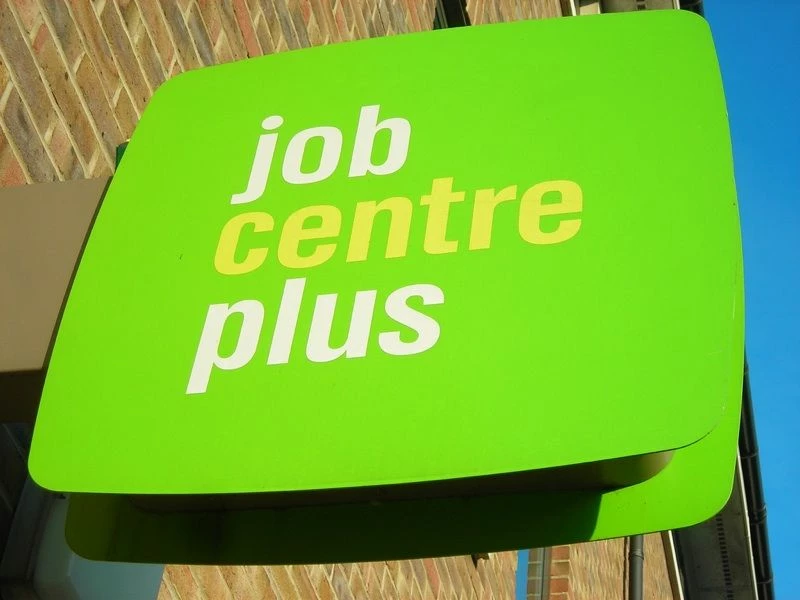
Partner Article
UK unemployment falls to 2.58m
The number of UK people out of work has fallen by 65,000 to 2.58m between March and May, the fourth month in succession.
Figures from the Office for National Statistics showed the overall unemployment rate is now 8.1%, dropped 0.1% than the previous quarter. Youth unemployment, of those aged 16 to 24, also fell by 10,000 to 1.02m.
The number of people in employed rose by 181,000 to 29.35m, the highest for almost four years.
Chris Grayling, Employment Minister MP, said: “This is an encouraging set of figures in what is still an incredibly difficult economic climate.”
The most significant fall in unemployment (50,000) and rise in work, was in London. The ONS suggested the London Olympics has created thousands of private sector jobs and cut Britain’s unemployment rate to a nine-month low.
Howard Archer, an economist at IHS Global Insight, said: “The big question is, can the labour market remain resilient given the economy’s ongoing weakness and the current very worrying and uncertain outlook?”
The number of long-term unemployed, out of work for more than two years, increased by 18,000 to 441,000; the worst level since 1997.
Gerwyn Davies, Labour Market Adviser at the Chartered Institute of Personnel and Development, comments: “The most worrying aspect of today’s figures is the rise in long-term unemployment. This puts the spotlight on the Government’s Work Programme, which is tasked with getting the most disadvantaged in the labour market into sustainable employment.”
Claims for jobseeker’s allowance also rose by 6,100 to 1.6m in June, much more than expected.
The ONS explained that it might be affected by benefits rule changes. Some of the benefits regimes for lone parents and incapacity benefits have been shifted to out-of-work benefits to bring them into the labour force.
Ian Brinkley, director at The Work Foundation, commented: “These are welcome but baffling figures. The economy is in recession, public sector jobs are still being shed, and yet some private sector employers are clearly hiring in large numbers. There is nothing to suggest that further deregulation of the labour market is required.
“This is not a time to be complacent however. This progress could easily go into reverse. The government made a good start in announcing long-term plans to unlock £50 billion of investment in infrastructure. It needs to do more to bring forward investment in the short term to secure the recovery.”
Click here to visit Pannone’s employment blog.
This was posted in Bdaily's Members' News section by Yu-Chih Lin .
Enjoy the read? Get Bdaily delivered.
Sign up to receive our popular morning National email for free.








 Raising the bar to boost North East growth
Raising the bar to boost North East growth
 Navigating the messy middle of business growth
Navigating the messy middle of business growth
 We must make it easier to hire young people
We must make it easier to hire young people
 Why community-based care is key to NHS' future
Why community-based care is key to NHS' future
 Culture, confidence and creativity in the North East
Culture, confidence and creativity in the North East
 Putting in the groundwork to boost skills
Putting in the groundwork to boost skills
 £100,000 milestone drives forward STEM work
£100,000 milestone drives forward STEM work
 Restoring confidence for the economic road ahead
Restoring confidence for the economic road ahead
 Ready to scale? Buy-and-build offers opportunity
Ready to scale? Buy-and-build offers opportunity
 When will our regional economy grow?
When will our regional economy grow?
 Creating a thriving North East construction sector
Creating a thriving North East construction sector
 Why investors are still backing the North East
Why investors are still backing the North East